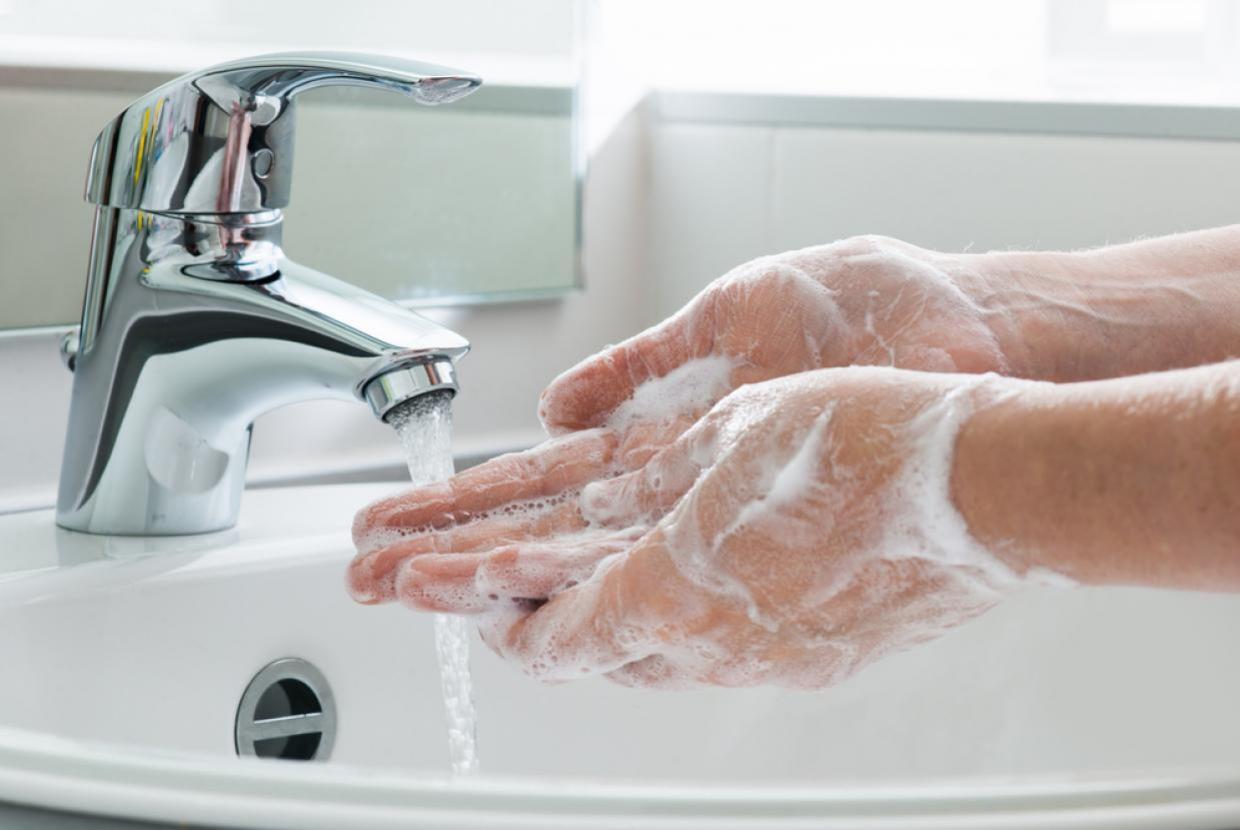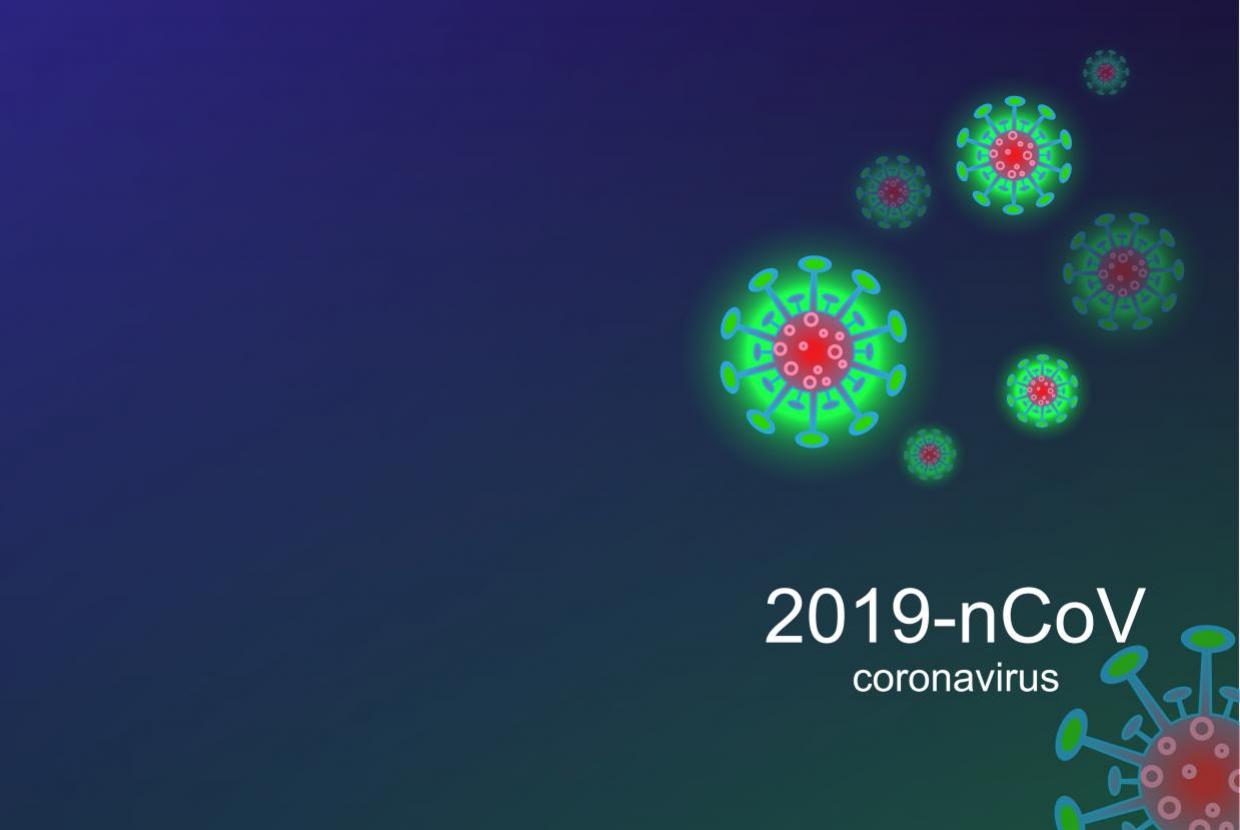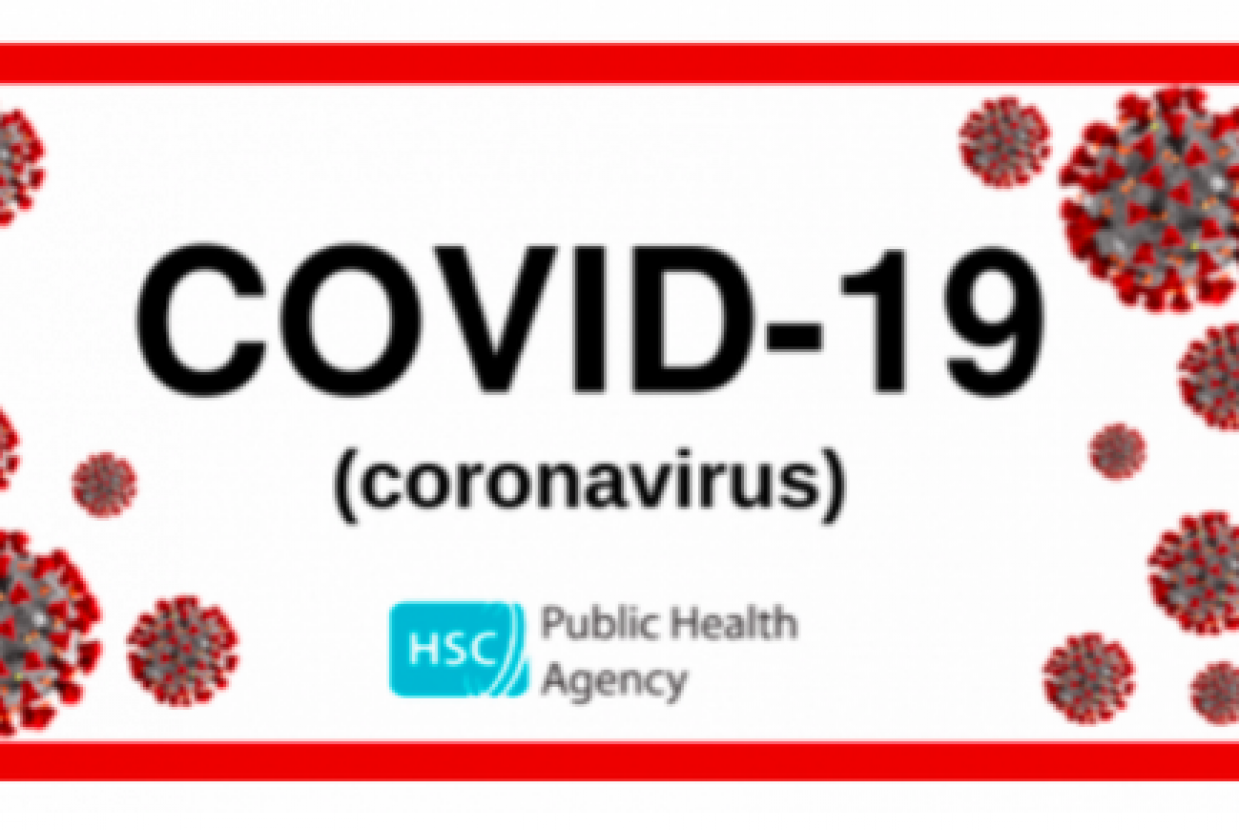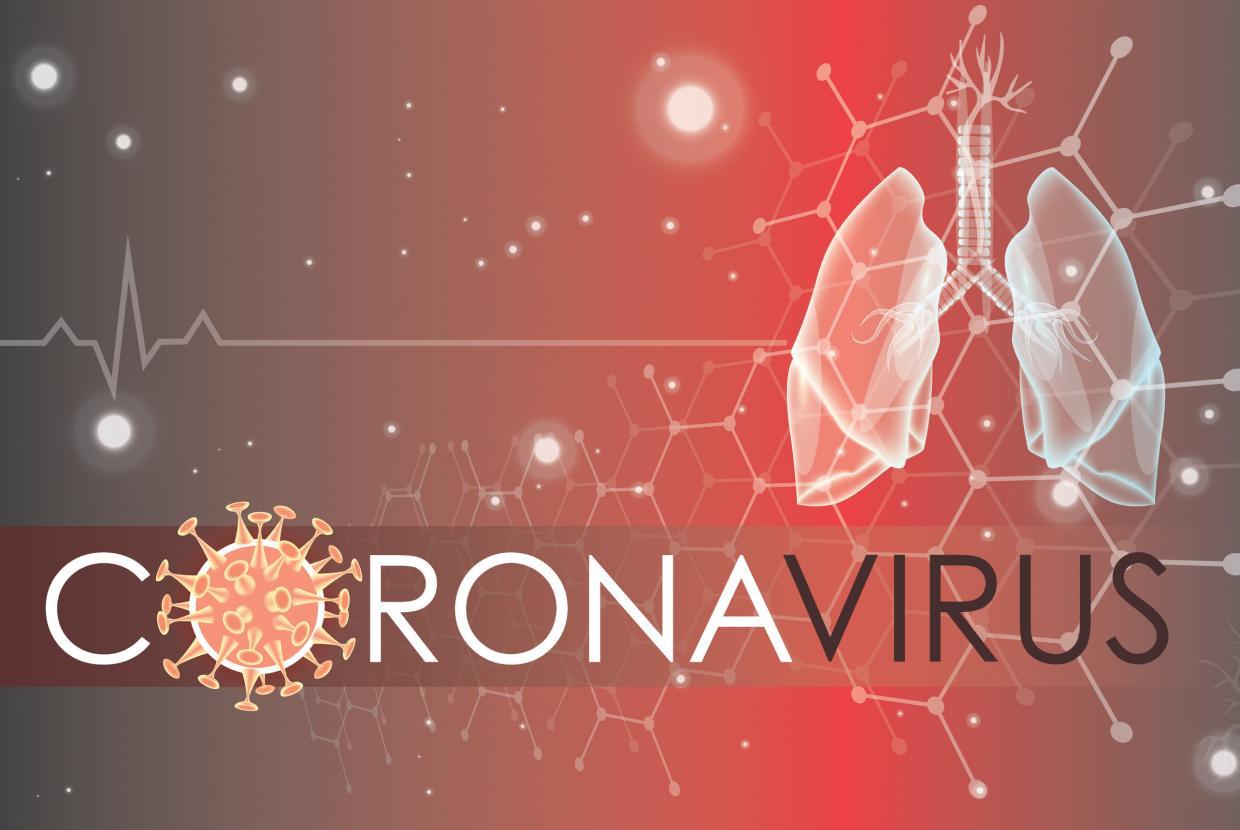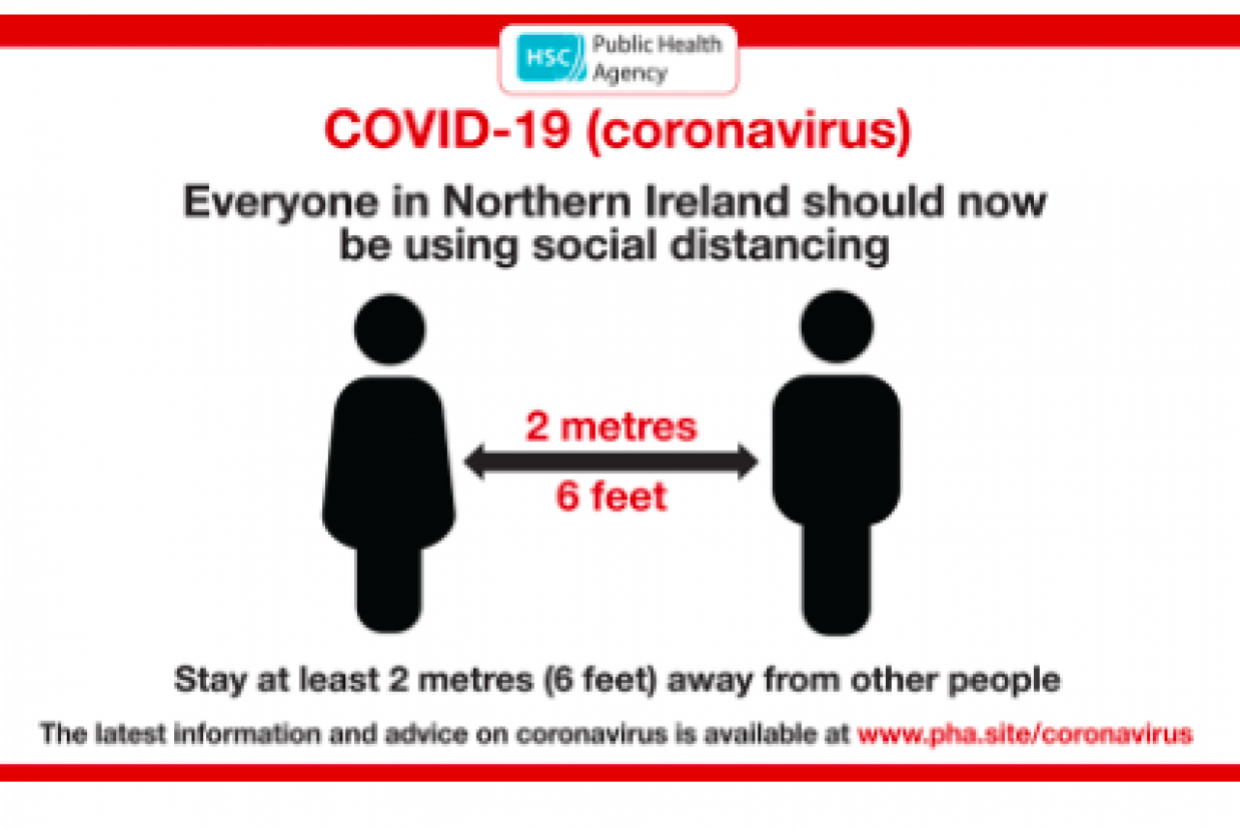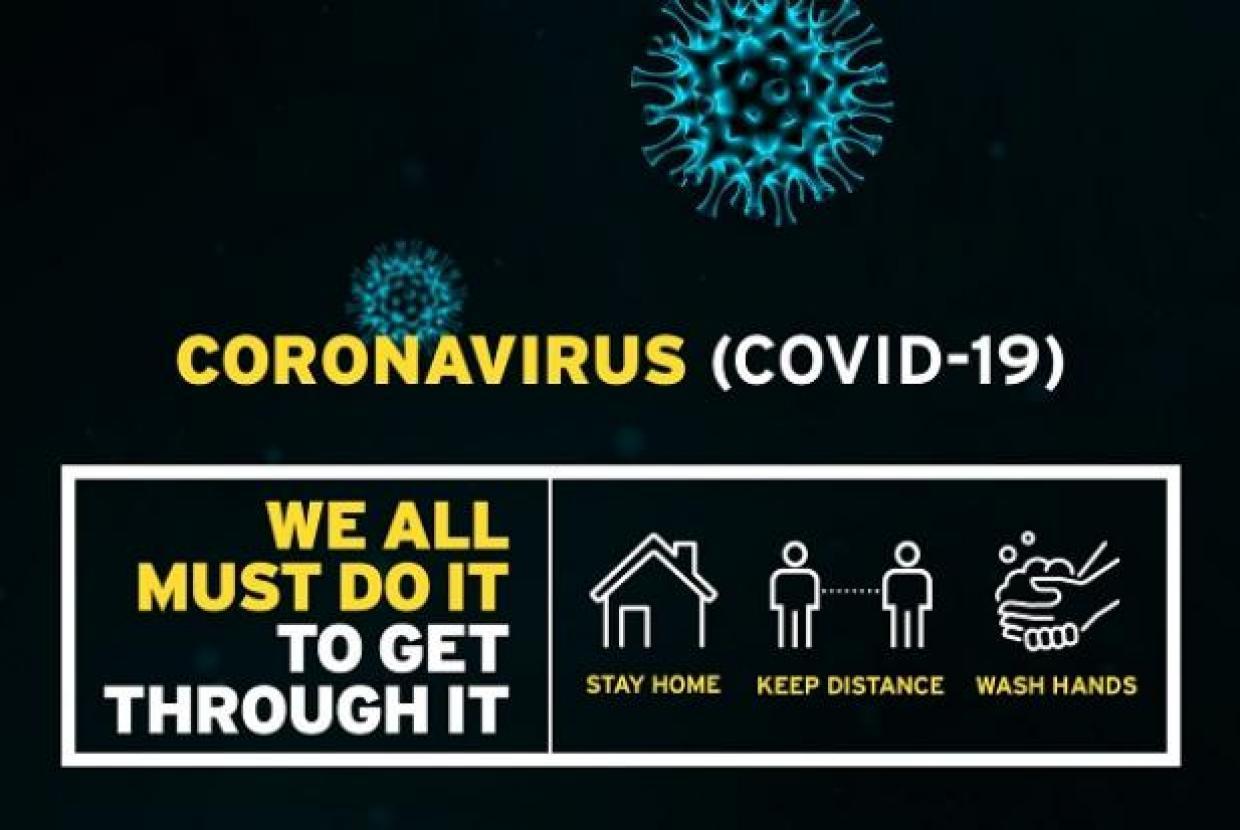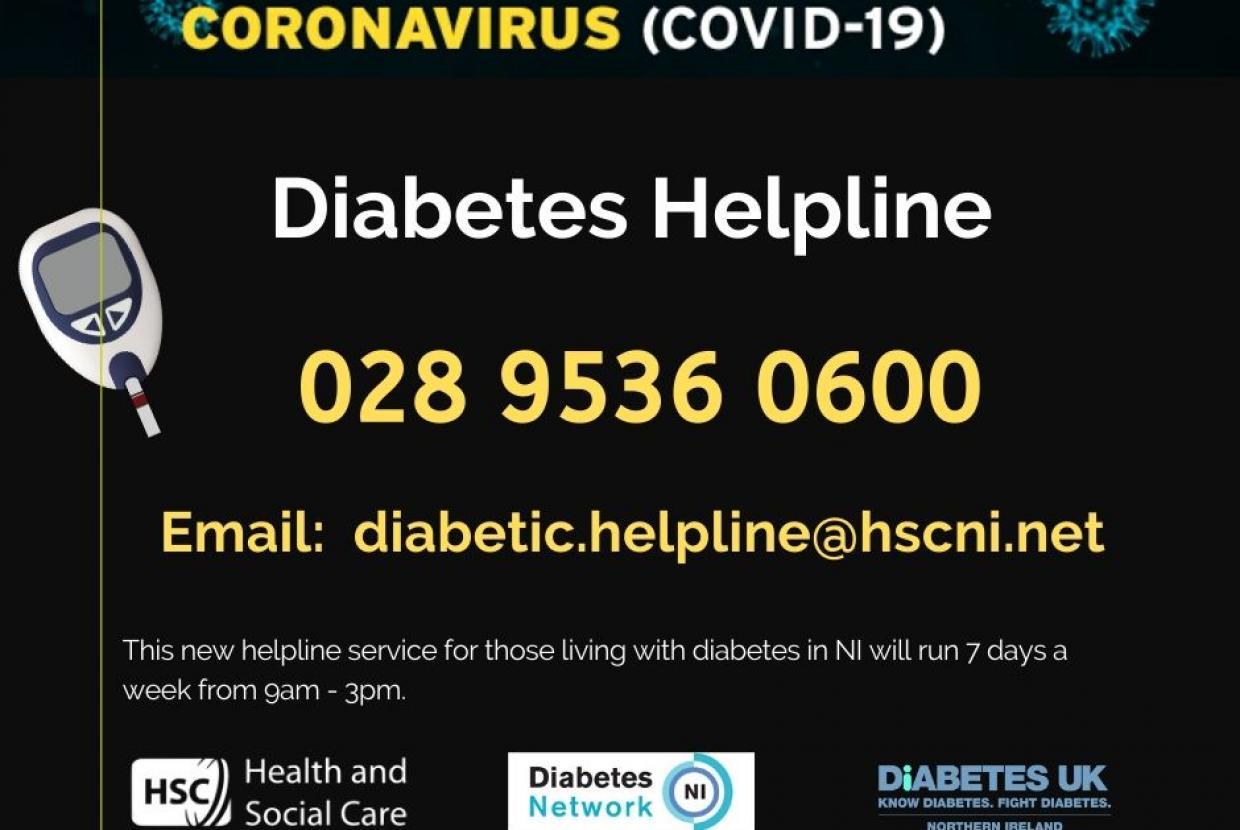How to wash your hands
NHS
Washing your hands properly is one of the most important things you can do to help prevent and control the spread of many illnesses. Good hand hygiene will reduce the risk of things like flu, food poisoning and healthcare associated infections being passed from person to person.
When you need to wash your hands
Hands normally carry lots of germs and should be washed:
- after visiting the toilet
- before handling food
- when visibly dirty
- after coughing or sneezing into your hands
How to wash your hands (Watch this short video from the NHS)
It is important to wash your hands properly. Make sure that you wash both your hands including the tips of your fingers, the palms of your hands and thumbs.
The steps below explain how to wash your hands properly:
- Wet hands with water
- Apply enough soap to cover all surfaces of hand
- Rub hands palm to palm
- Right palm over back of left hand with interlaced fingers and vice versa
- Palm to palm with fingers interlaced
- Back of fingers to opposing palms with fingers interlocked
- Rotational rubbing of left thumb clasped in right palm and vice versa
- Rotational rubbing, backwards and forwards with clasped fingers of right hand in left palm and vice versa
- Rinse hands with water
- Dry hands thoroughly with a clean towel or single use towel


